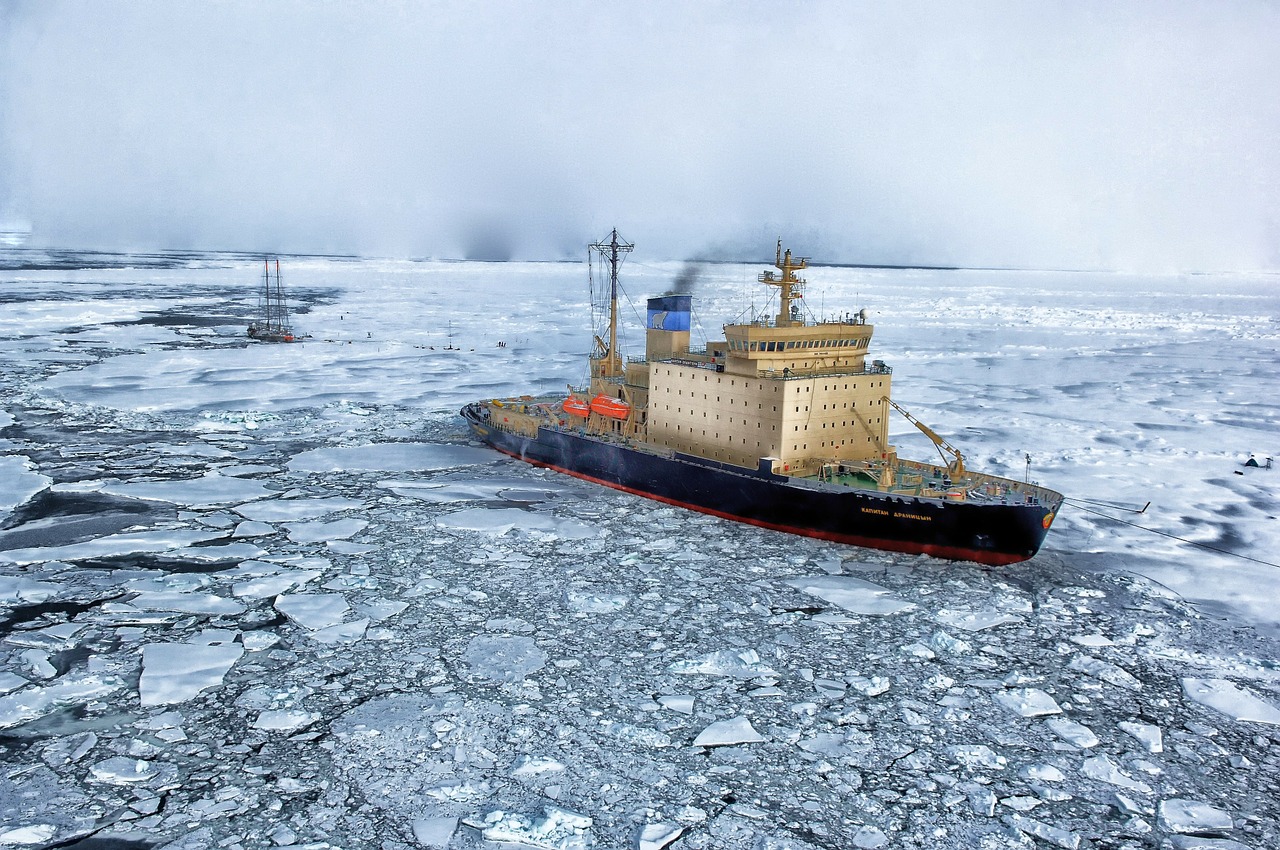
Call for shipping to stop using heavy fuel oil in Arctic
MEPs have called on the International Maritime Organisation (IMO) to ban the highly polluting marine fuel ‘heavy fuel oil’ – sometimes referred to as ‘residual fuel’ – from use in Arctic waters. The full European Parliament wants the IMO’s environment committee to discuss outlawing the use of HFO in the Arctic when it meets in July.
Interested in this kind of news?
Receive them directly in your inbox. Delivered once a week.
HFO is in widespread use in global shipping because it is a cheap waste product of the oil refining process, which makes it the dirtiest fuel on the market. Compared with other marine fuels, HFO produces higher levels of air and climate pollutants, many of which have serious effects on human health, and in the event of a spill the damage is virtually impossible to clean up.
In a debate on oil in the Arctic on 16 March, MEPs passed a resolution that calls for a ban on HFO use by ships in Arctic waters. It also said the European Commission and EU member states should consider prohibiting the use and carriage of HFO for ships using EU ports if international efforts to ban this fuel fail.
T&E’s shipping policy officer Faig Abbasov said: ‘We welcome the parliament’s clear call for a ban on the use of heavy fuel oil by ships in the Arctic. This vote should be a clear signal for EU member states to put HFO on the agenda for the next meeting of IMO’s environment committee in July. This is an important opportunity to start formal discussions on the risks related to using HFO in the Arctic.’
Environmental campaigners have been calling for shipping fuels to be cleaned up for two decades, but the melting of ice in the polar regions has made pollution from ships a particular problem as it threatens the delicate Arctic and Antarctic ecosystems. HFO has already been banned from Antarctic waters, but it is still allowed in Arctic regions, where shipping activity is expanding as previously frozen routes become accessible for more months of the year.
Global warming has caused ice caps to melt, which in turn have opened up shipping routes across the North Pole region, exposing already fragile ecosystems to greater threat and putting more warming particles into the atmosphere. The Arctic has been warming at twice the global average, and in February the area covered by Arctic sea ice was the lowest it has ever been since satellite records began 38 years ago.
Action within the IMO on Arctic environmental protection has been notoriously slow over the years, while Russia and China are increasing their activities in this inhospitable region. T&E said that, before shipping activity in the region reaches critical levels ushering in heightened environmental and climate risks, there is all the more reason for the IMO to act swiftly well in advance.
